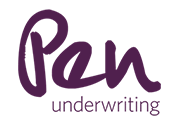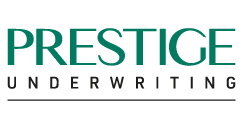Do I Need Business Insurance If I Work From Home?
If you work from home in the UK, you may need business insurance depending on your specific situation. Here’s what you need to know:
For Remote Employees
If you’re an employee working remotely (for example, if you’re a full-time office worker who now works from home), typically:
Your employer’s insurance should cover company-provided equipment like laptops and phones
Your standard home insurance may be sufficient, but you must inform your insurer about your home working arrangement
Check with your employer about their insurance coverage for remote workers
💡 Example: If you’re a marketing manager working remotely for a London-based company, your work laptop and phone should be covered by your employer’s insurance. However, you should still notify your home insurer that you’re working from home to ensure your home insurance remains valid.
When You Definitely Need Business Insurance
You need dedicated business insurance if you:
Store valuable stock or materials at home (such as if you’re a craftsperson or retailer)
Use specialised equipment worth more than your home insurance’s single-item limit
Have clients or employees visiting your home
Take business equipment outside your home regularly
Equipment Coverage
For basic equipment like laptops and phones:
If you’re an employee, your employer’s insurance should cover company-provided equipment
If you’re self-employed, check if your home insurance provides adequate coverage
Consider additional business contents insurance for specialised or high-value equipment
Next Steps
Contact your current insurer to:
Declare your home working status
Understand your current coverage limits
Identify any gaps in protection that need addressing
Have unanswered questions? Chat to us today to discuss your unique situation – We’re here to help!






